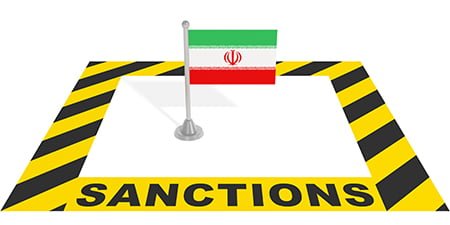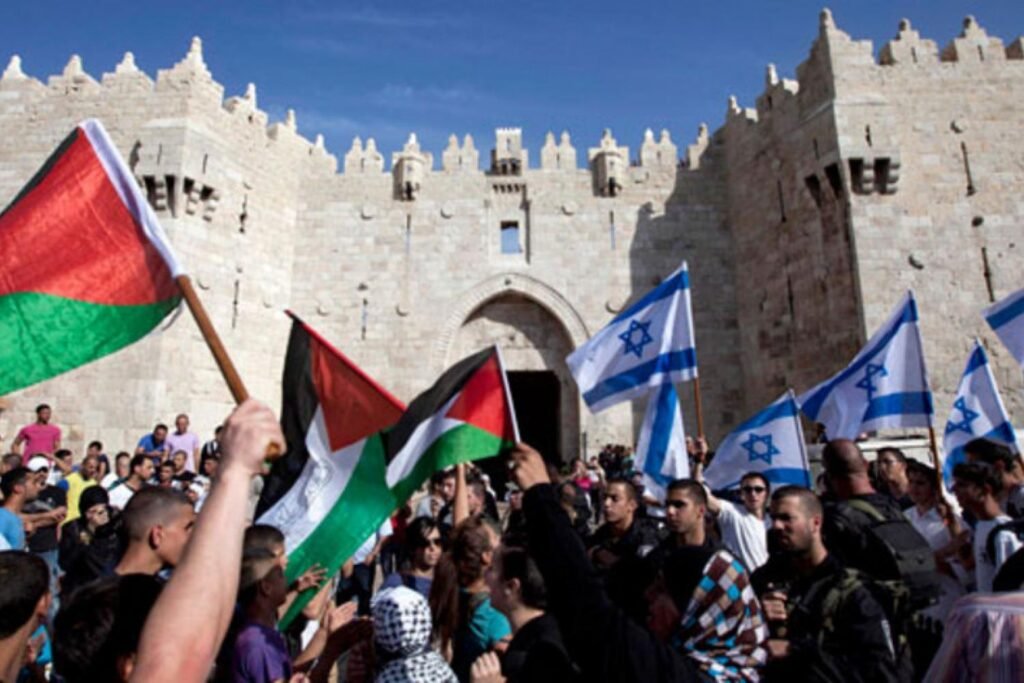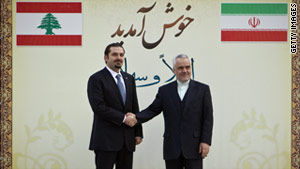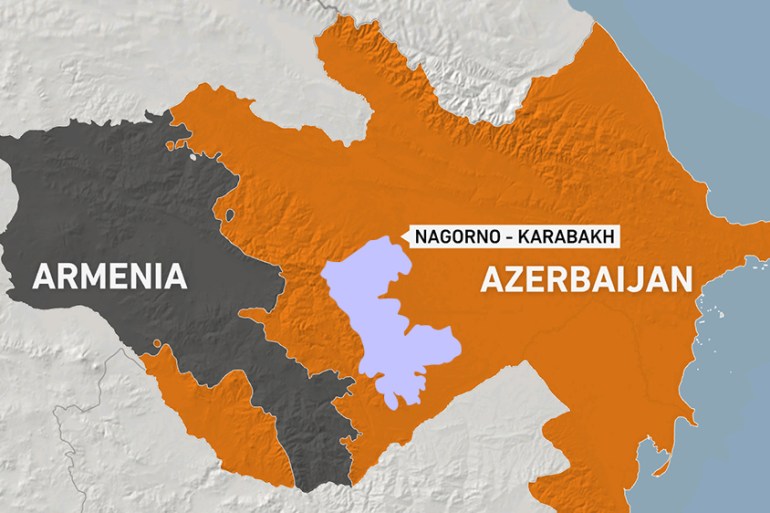Peaceful compromising of the cultural diversity among Muslims in each nation, “United we stand, divided we fall”
Sanctions:
U.S. economic sanctions are administered by the Office of Foreign Assets Control. Currently, the U.S. sanctions against Iran include an embargo on dealings with the country by the U.S. and a ban on selling aircraft and repair parts to Iranian aviation companies.


Win-win solution for Israel and Palestinian challenge:
The 1991 Madrid Peace Conference brought Israelis and Palestinians for the first time in direct negotiations. There an international consensus emerged for an eventual solution involving the creation of a Palestinian state in the West Bank and Gaza existing in peace and security with the state of Israel. The actual borders of the two states, the fate of Israeli settlements, the status of Jerusalem, and the Palestinian refugee issue were to be finalized in later stages.
Peaceful compromising of the cultural diversity among Muslims in each nation, “United we stand, divided we fall”

Middle East’s Sectarian Tensions Play Out in Sudan-Iran Relations
Sudan’s famously complex politics have long been influenced by the bitter rivalries of outside powers: the Soviet Union versus America during the Cold War; the Egypt of Nasser versus the Ethiopia of Haile Selassie; or more recently China’s controversial role supporting Khartoum at a time when Western governments were seeking to isolate it over the Darfur conflict. Today Sudan and Africa more broadly are feeling the impact of the triangular rivalry among Iran, Saudi Arabia and Qatar, and the recent episode is the latest manifestation of that rivalry.
Bahrain-Iran Relations
Following the Iranian Revolution in which Ayatollah Khomeini came to power in Iran in 1979, Iran made clear its intention to export its Islamic revolution throughout the Muslim world, especially in the Arab world.
Two years later, Bahraini Shia fundamentalists orchestrated a coup attempt under the auspices of a front organisation, the Islamic Front for the Liberation of Bahrain. The coup, which failed, would have installed a Shia cleric exiled in Iran, Hujjat al-Islam Hādī al-Mudarrisī, as the Supreme Leader of Bahrain with a theocratic government. The Bahraini government unofficially regarded the coup as Iran attempting to overthrow their Sunni government. Iran denied any involvement, saying the fundamentalists were inspired by the Iranian revolution but had received no support from Iran. Fearful of a recurrence, Bahrain cracked down on its Shia population, putting thousands into jail and further souring relations with Iran.

Iran–Lebanon relations
According to a 2012 Pew Global Attitudes Survey, 39 percent of Lebanese people viewed Iran favorably, compared to 61 percent which viewed it unfavorably; 62 percent of Lebanese oppose Iranian acquisition of nuclear weapons, 57 percent consider a nuclear-armed Iran a threat, and 74 percent approve of “tougher sanctions” on Iran, while 46 percent support use of military force to prevent Iran from developing nuclear weapons. Notably, while most Sunni Muslims and Christians in Lebanon expressed unfavorable views of President Mahmoud Ahmadinejad (92 percent and 57 percent respectively), 95 percent of Lebanese Shia Muslims viewed him favorably.
Amidst the polarised atmosphere of the Syrian Civil War, on 19 November 2013 two suicide bombings occurred outside the Iranian embassy in Beirut, Lebanon, killing 23 people, including an Iranian cultural attaché. A Sunni Islamist militant group claimed responsibility.




A NEW LOOK AT IRAN’S COMPLICATED RELATIONSHIP WITH THE TALIBAN
Eight years ago, I took part in a meeting among people from several different countries — Iran, various European countries, Afghanistan, Turkey, and the United States. I was a part-time consultant to the U.S. government at the time, and most of the group had been or — at least — were close to government officials. These are known as “track-two meetings.” During one of the sessions, a European participant charged Iran with supplying military aid to the Taliban. A retired Iranian diplomat responded indignantly. “How could Iran supply aid to its sworn enemies?” he asked. I responded that Iranians were not such simple-minded people that they could have only one enemy or one policy at a time.
Iran’s view of the Taliban has largely been derivative of its analysis of the relationship of the Taliban to the top threat to the Iranian state, the United States. In this respect, Iranian policy toward the Taliban resembles U.S. Cold War policies that evaluated groups in other countries as a function of their relationship to the Soviet Union.


Iran relation to the Armenian/Azerbaijani war. How Iran views the Nagorno-Karabakh truce?
Tehran has welcomed the end to hostilities in neighboring Nagorno-Karabakh. Though it preferred the status quo before the recent six weeks of war, a truce, even on terms favoring Azerbaijan, is far from the worst outcome for Iran. Rival Turkey isn’t the undisputed winner, after all.
The deal signed by the leaders of Armenia, Azerbaijan and Russia on November 10 sees Armenia return territories it has held for a quarter century, while some 2,000 Russian peacekeepers will enter the region for the first time. Iranian President Hassan Rouhani was quick to praise the “agreement facilitated by Russia,” hoping the “conflict will be settled peacefully.” Iran’s Foreign Ministry similarly complemented the agreement.
Iran’s reaction should be assessed against three interests articulated by Supreme Leader Ayatollah Ali Khamenei on November 4. Khamenei reiterated Iran’s own peace plan, presented days earlier by Deputy Foreign Minister Abbas Araghchi during a tour of Moscow, Ankara, Baku, and Yerevan.